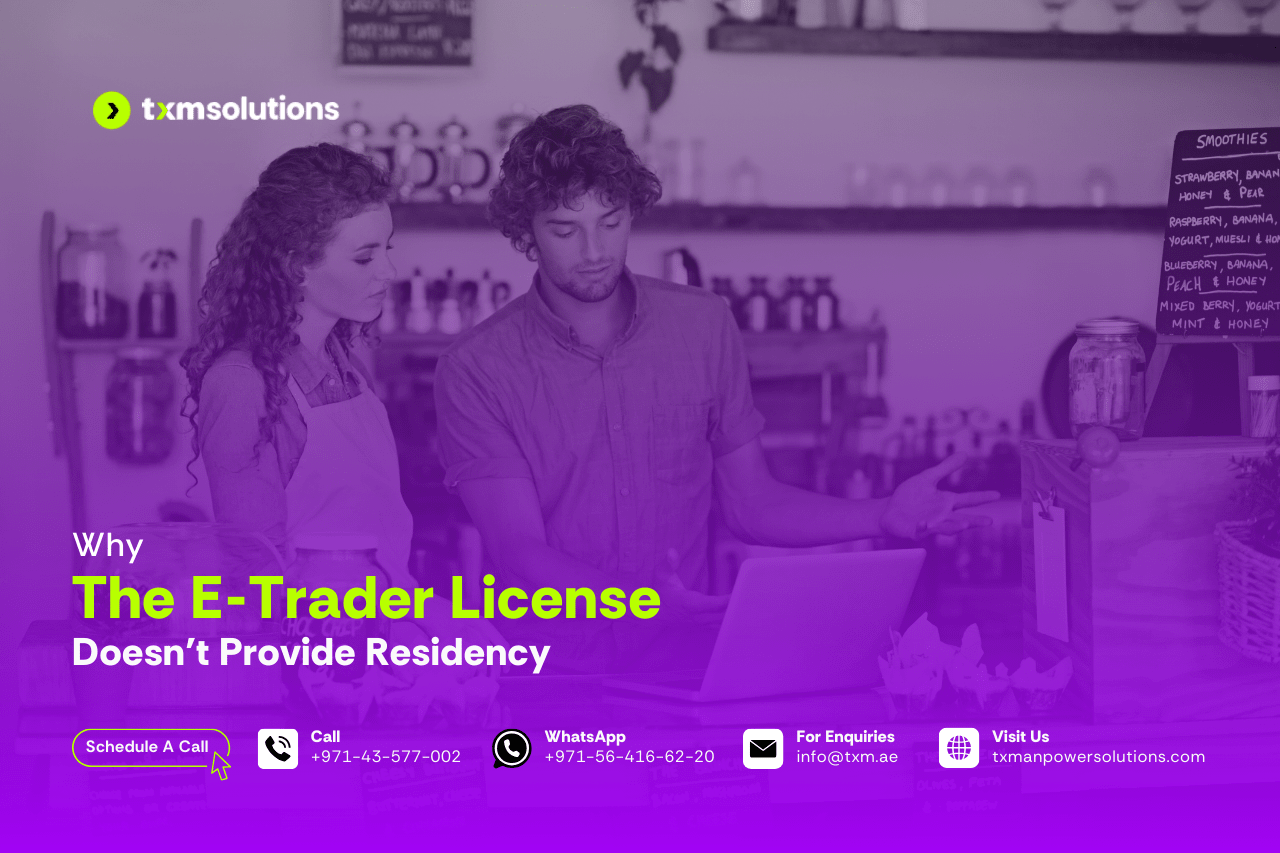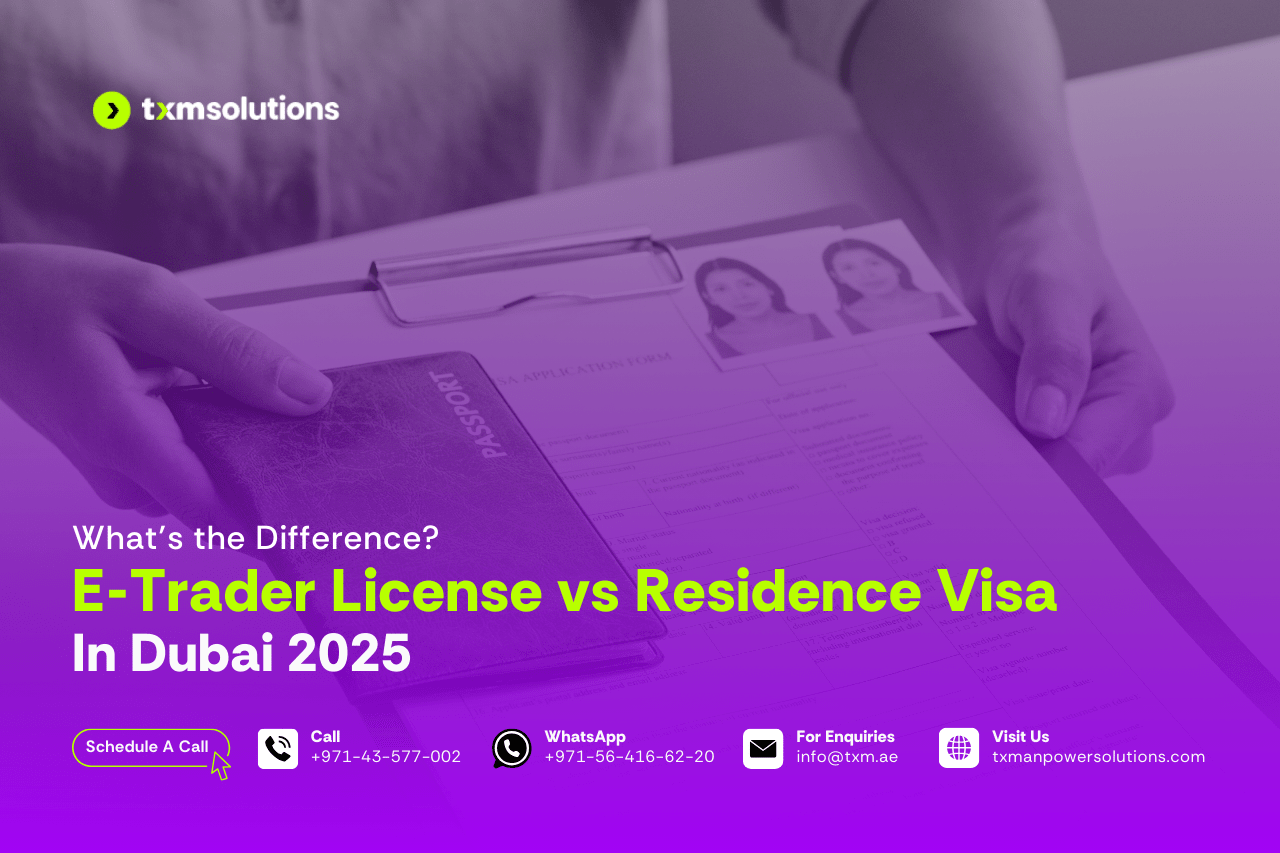Emiratisation is a critical initiative within the UAE, aimed at integrating Emirati talent into the private sector. It is not only a legal mandate but also a strategic imperative for businesses seeking long-term growth and sustainability in the region.
Emiratisation is designed to create meaningful employment opportunities, bridge skill gaps, and foster a more inclusive and diverse workforce. Navigating Emiratisation for businesses, it provides an opportunity to align with the UAE’s vision for economic diversification and social development while enhancing operational success.
Table of Contents
ToggleUnderstanding the Legal Framework of Emirtisation
The UAE government has implemented specific regulations to ensure the successful implementation of Emiratization. Companies are required to progressively increase their Emirati workforce, with a target to achieve a 10% Emiratisation rate by 2027. Non-compliance with these regulations can result in substantial financial penalties, making it essential for businesses to understand and adhere to these requirements.
Key Compliance Regulations:
- Annual Increase: Companies are mandated to increase their Emirati workforce by 2% each year.
- Target Quota: The ultimate goal is for companies to reach a 10% Emiratisation rate by 2027.
- Smaller Companies: Organizations with 20 to 49 employees must hire at least one Emirati by 2024 and two by 2025.
- Compliance Categories:
- Category 1: Full compliance, providing businesses with government incentives and streamlined processes.
- Category 2: Partial compliance, requiring improvement to meet full regulatory standards.
- Category 3: Non-compliance, leading to penalties and business restrictions.
Penalties for Non-Compliance
Failure to meet Emiratisation quotas can result in significant financial penalties, ranging from AED 5,000 to AED 10,000 for each unfilled position. Persistent non-compliance can lead to further sanctions, including suspension of work permits and blacklisting, which can severely disrupt business operations.
The Business Case for Emiratisation
While compliance with Emiratisation regulations is a legal obligation, it also offers numerous benefits for businesses. By hiring Emirati talent, companies can gain a competitive edge, enhance their reputation, and secure access to government support and contracts.
Key Emiratisation Benefits for Employers:
- Government Incentives: Companies that meet Emiratisation targets can access wage subsidies, tax exemptions, and training grants, reducing operational costs.
- Local Market Expertise: Emirati employees provide valuable insights into local markets, helping businesses better understand consumer preferences, cultural dynamics, and regional trends.
- Enhanced Innovation and Productivity: Emiratis bring fresh perspectives, driving innovation and improving overall business productivity.
- Improved Corporate Reputation: A commitment to Emiratisation enhances a company’s standing as a socially responsible entity, fostering trust among stakeholders and the community.
- Sustainable Growth: Building a workforce that aligns with the UAE’s long-term goals contributes to a company’s sustainable growth and success.
Challenges in Navigating Emiratisation
Despite the clear advantages, businesses may encounter several challenges in meeting Emiratisation targets. These challenges include sourcing qualified Emirati candidates, managing salary expectations, and fostering a culturally inclusive work environment. Addressing these challenges is essential for achieving successful Emiratisation outcomes.
Common Challenges and Practical Solutions:
- Skills Gap: Finding Emiratis with the necessary qualifications for specialized roles can be challenging.
- Solution: Collaborate with educational institutions to develop training programs that equip Emiratis with the skills needed for key positions.
- Salary Expectations: Emirati candidates often have higher salary expectations compared to expatriates.
- Solution: Adjust compensation packages to offer competitive salaries and benefits that attract Emirati talent without compromising financial stability.
- Cultural Integration: Ensuring a smooth integration of Emirati employees into a diverse workforce is crucial.
- Solution: Implement cultural sensitivity training to foster collaboration and mutual understanding between Emirati and expatriate employees.
Effective Strategies for Emiratisation Implementation
To successfully navigate Emiratisation, businesses should adopt proactive strategies that focus on talent development, tailored recruitment efforts, and partnerships with educational institutions. These strategies will help create a robust Emirati workforce and ensure compliance with Emiratisation goals.
Strategies for Effective Emiratisation Implementation:
- Invest in Talent Development: Develop comprehensive training programs that prepare Emiratis for leadership and specialized roles within the company.
- Educational Partnerships: Partner with universities and vocational institutions to ensure that graduates are equipped with industry-relevant skills.
- Targeted Recruitment: Design recruitment campaigns that appeal specifically to Emirati professionals, emphasizing career growth and development opportunities.
- Inclusive Workplace Practices: Foster a culturally inclusive work environment where diversity is celebrated, and Emirati employees feel valued and supported.
Conclusion
Navigating Emiratisation is not only a legal requirement but also a strategic opportunity for businesses in the UAE. By aligning with Emiratisation objectives, companies can unlock access to government incentives, enhance their workforce with local talent, and contribute to the nation’s economic development.
Through effective planning, investment in talent, and a commitment to compliance, businesses can position themselves for long-term success in the UAE’s evolving economic landscape.




